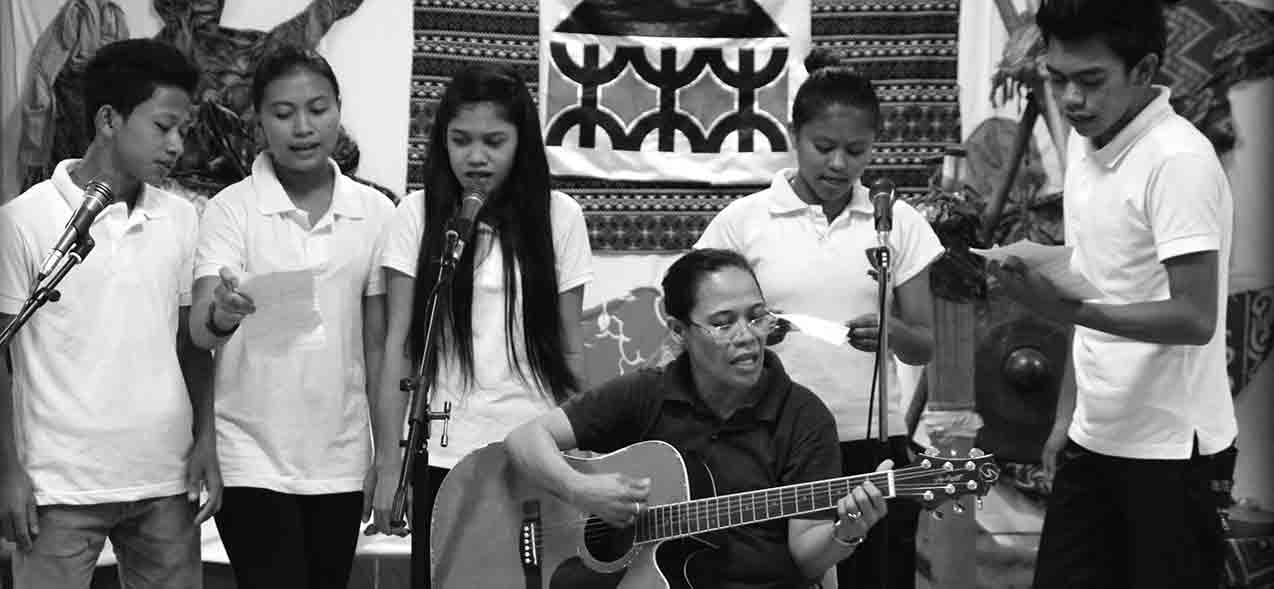Experts from various disciplines participated in a three-day workshop on enhancing their abilities to conduct monitoring visits in places where persons are deprived of liberty and to prevent torture and ill treatment from taking place. The event was organized through the collaboration of the Balay Rehabilitation Center, the Danish Institute against Torture (DIGNITY), and the Commission on Human Rights (CHR). It was held in Microtel Technohub in Quezon City on February 21-23, 2019.
Eleven experts and their associates joined the activities. Among them are professionals representing the fields of human rights promotion, penal management, mental health, medicine, social work, child protection, and law. Commissioners from the CHR and the heads of its regional offices in the National Capital Region, Central Visayas, and Western Mindanao were also present, as well as representatives from two civil society organizations that are experienced in protective and humanitarian work for torture victims who are in detention.
The workshop topics covered working methodologies and processes toward the operationalization of a preventive mechanism that seeks to deter the commission of torture and ill treatment in any place of detention where state has jurisdiction and control and in areas where people are deprived of liberty with instigation, consent, acquiescence of authorities.
Resource persons from DIGNITY who have worked with National Preventive Mechanisms in Africa and the Middle East provided inputs and facilitated discussions on how preventive work can be delivered according to standardized procedures with the use of targeted tools and a consistent methodological approach based on international standards and best practice. Balay facilitated workshops on building up a coherent team of experts who are ready to collaborate constructively in a spirit of cooperation and mutual respect.
The workshop was supported by the European Union and the Justice Sector Reform Program or the GO-JUST. At the end of the activities, the participants were able to:
- Gain knowledge and understanding of the preventive approach towards monitoring places of detention;
- Familiarized themselves with the basic principles of preventive monitoring and the monitoring cycle;
- Drawn up a road map for the development of internal guidelines and tools for the organization and working modalities of the NPM;
- Developed criteria to inform the selection of places to visit;
- Developed a team charter committing team members to agreed upon principles of cooperating as a team;
- Developed a draft checklist for the preparation of a visit.
As part of a preventive mechanism, the pool of experts adapts a forward looking approach and will examine detention system in multiple aspects to determine factors that may lead to the commission of torture and ill treatment or place the detainees in a condition that compromises their basic rights as persons deprived of liberty. The preventive mechanism will offer recommendation as basis for constructive and practical dialogue with authorities, and assist them to improve compliance with human rights obligations.
The CHR initiated the formation of the mechanism in preparation for the eventual establishment by law of a national body that would prevent torture through a system of preventive visits in the Philippines. A legislative proposal to enact a law that will create a durable NPM is still pending before both houses of Congress since the Philippines ratified the Optional Protocol to the Convention against Torture in 2010. The aim of the OPCAT is to assist a State in meeting the legal obligations by establishing a system of regular visits undertaken by independent international bodies, such as the Sub-Committee for the Prevention against Torture, and national bodies, such as the National Preventive Mechanism, to places where people are deprived of their liberty in order to prevent torture and other forms of ill treatment.
























